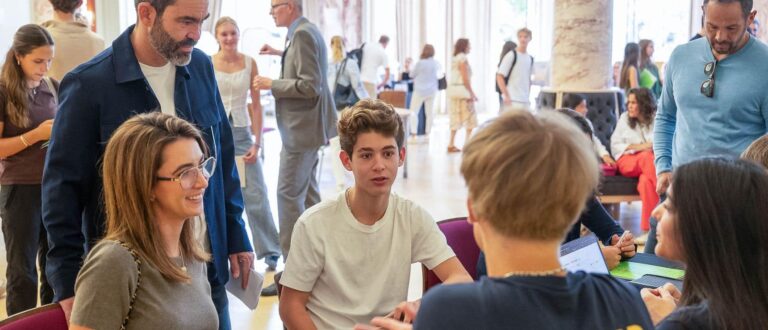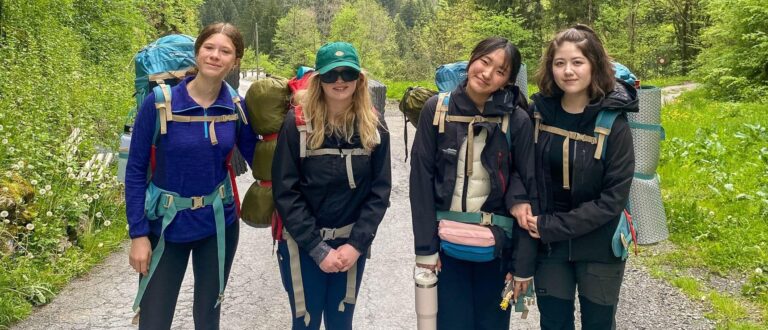As I sit and reflect whilst in self isolation, considering the fundamental societal and educational shifts that are being precipitated by COVID19, I wanted to look beyond the immediate and focus on what our future may look like. I decided to base my musings on a pivotal piece of research carried out by PwC “Workforce of the Future: the competing forces shaping 2030” report, in which they outlined four plausible directions our future workforce could advance, posing different benefits, as well as challenges, to us as educators, as we attempt to equip our students with the skills, attributes, competences and knowledge to flourish in this uncertain future.
These four scenarios were presented as four worlds (red, yellow, blue and green)
Given current circumstances, where humanity is facing a global “lockdown” and communities are forced into isolation, I thought it most important to explore the yellow world first. The yellow world is built on an “empathy economy:” a world where humanity comes first. In an empathy economy, fairness and social good are dominant, where businesses with a heart and artisans are able to thrive in a bustling and creative marketplace. Fairness, ethics, and empathy are safeguarded by society as the most important values.
What does a future empathy economy look like in action? Here are some of the attributes:
- Teaching is paramount: teaching will become one of the most in-demand occupations, as their skills provision is highly sought out by every member of the work force.
- New technologies and AI: it’s time to allow technology to expedite equality in progress, learning, and education. Equal access to education will be achieved through e-learning. Repetitive tasks and low-level administration will become automated, freeing up time that is spent on the human side of teaching.
- Emotional intelligence is valued: whether it’s coding or carpentry, jobs that will succeed have a core set of skills related to creativity, problem solving, and communication. Teachers are sought out by companies to train employees in social skills that are often ignored in our world today.
- Urban areas flourish: in this empathy economy, those in urban settings will have no problem achieving success with social skill development, etc. However, individuals in rural areas could struggle to thrive as the hotbed of empathetic investment and development is reserved for more liberal areas. This could create a larger disparity than already exists between nations like Vietnam versus nations like Japan.
A world of empathy is one in which workers, companies, and educational institutions seek out greater meaning, as well as relevance, in what they do. People want answers – they don’t want to be just another blip on the overall corporate radar. There is a demand for fairness, a distribution of wealth, and equality that makes it possible for diversity to thrive in every industry.
There will be flexibility, autonomy, and fulfillment, as the individual sheds their personal brand for the good of the collective. Traditional employers aren’t as valued as the ones that are taking their time to invest in social justice projects and community organizing.
What Does This Mean for Education?
Preparing students for an empathy economy will require a restructuring of classic “testing,” in exchange for competency and skill development, debate, and communication. Creativity will be more valued, with personal growth and expression through the arts central to the curriculum offered by schools and colleges. Volunteering will become a mandatory part of graduating, helping to expose students to nonprofits and social justice concepts they can manage at companies.
E-Learning will develop rapidly and be equally highly valued as traditional classroom-based learning, with advances in VR conferencing, and collaborative group projects prioritized over individual achievement and advancement. This will make it easier for students around the world to secure an equal education.
A future of empathy is certainly one which I would respect and given the challenges we are currently facing, one we need.
However, the question is: Does humanity care enough to take action or are we inherently self interested and self serving?





